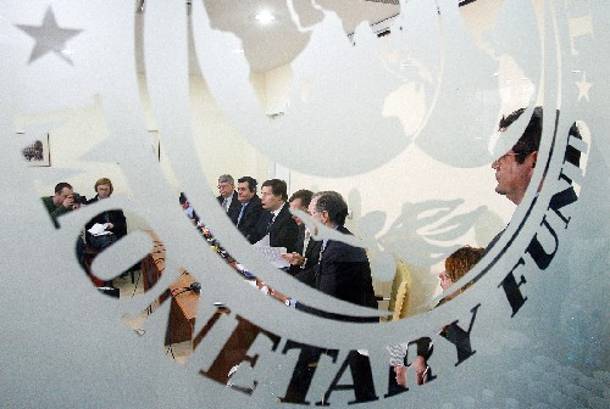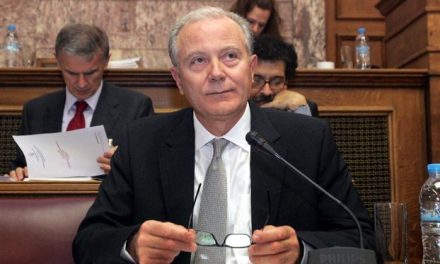By Sara Sjolin, MarketWatch
The Greek debt crisis has been cranked up a notch, after Athens on Thursday performed a 180-degree turn and decided to delay a scheduled debt payment.
Greece was due to repay 303.3 million euro ($341.85 million) to the International Monetary Fund on Friday, but after days of drawn-out negotiations, the country asked to bundle its four June payments into one, due at the end of the month.
The move comes after Greek Prime Minister Alexis Tsipras earlier in the week rejected the international creditors’ reform proposals, arguing they were too harsh.
Some see the choice to bundle as a gesture of defiance and a step closer to the eurozone exit, while others interpret the decision as a sign an agreement is near.
Here are some of the initial analyst reactions:
“According to the IMF, the only other country which has ever used this obscure technical provision to bundle principal payments at month-end was Zambia in the 1980s. Back in January, we had warned that the policies of Syriza, if fully implemented, could turn poor Greece into a populist paradise like Venezuela, just without the oil. Did we look at the wrong continent?” — Holger Schmieding, chief economist at Berenberg
“This move by Greece means the debt debate has ratcheted up another gear; the decision not to pay is either a sign of a country that isn’t willing to be exploited by its lenders, or, an example of a government desperately scrambling to delay the inevitable. Most likely, it’s a bit of both.” — Connor Campbell, financial analyst at Spreadex
“The longer it takes to come to an agreeable consensus for all parties, the greater the chance of the Greek referendum to decide its continuing status in the eurozone. This looks increasingly like the best route to take because, should the Greek voters choose to remain in the eurozone, this would offer Syriza the mandate to break its election promises and become more flexible in negotiations.” — Alastair McCaig, market analyst at IG
“The government’s request for postponement has at least bought it a few extra weeks. As such, the Greek demand for delayed repayment was not surprising (even though IMF chief Lagarde seemed neither aware of it nor was expecting it earlier in the day). In essence, the postponement represents a cost-free option allowing Greece to continue negotiating with creditors in the hope of shifting the final outcome in its favor.” — analysts at Daiwa Capital Markets
“The move is seen by some as an expression of confidence on the part of the Greeks that a deal will be reached in June to unlock much needed bailout funds, with such a move previously rejected on the grounds that it would indicate Greece had no money left.” — Mike van Dulken and Augustin Eden, analysts at Accendo Markets



















